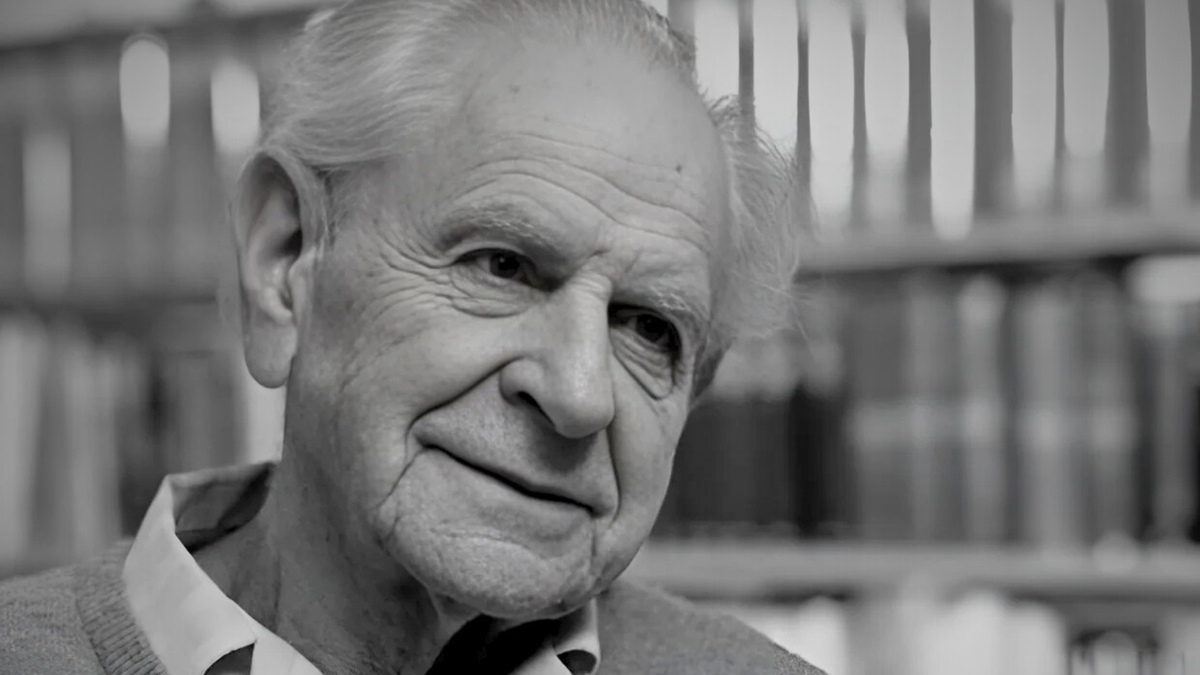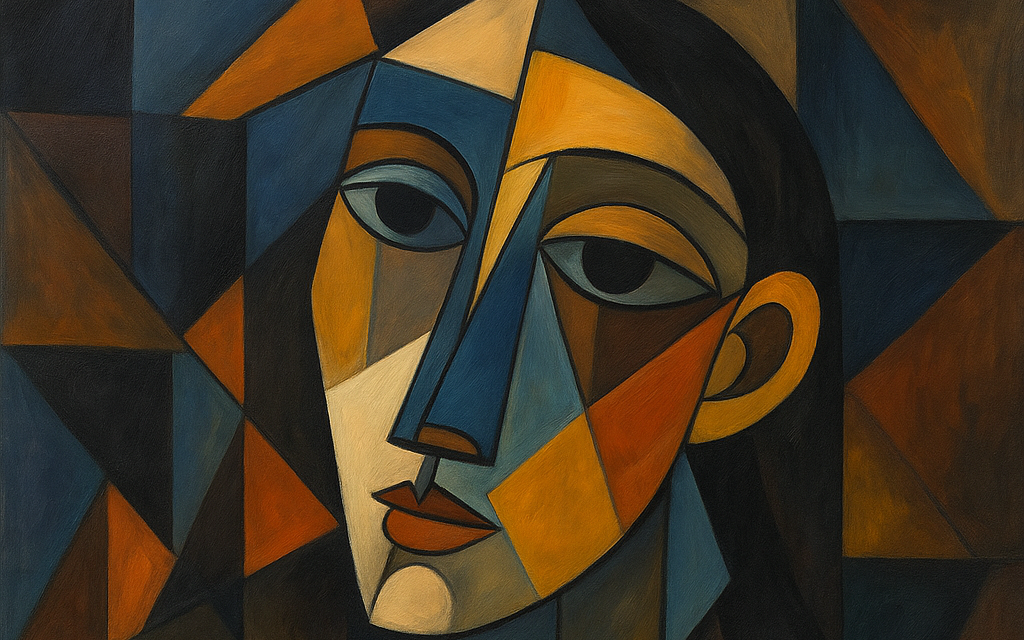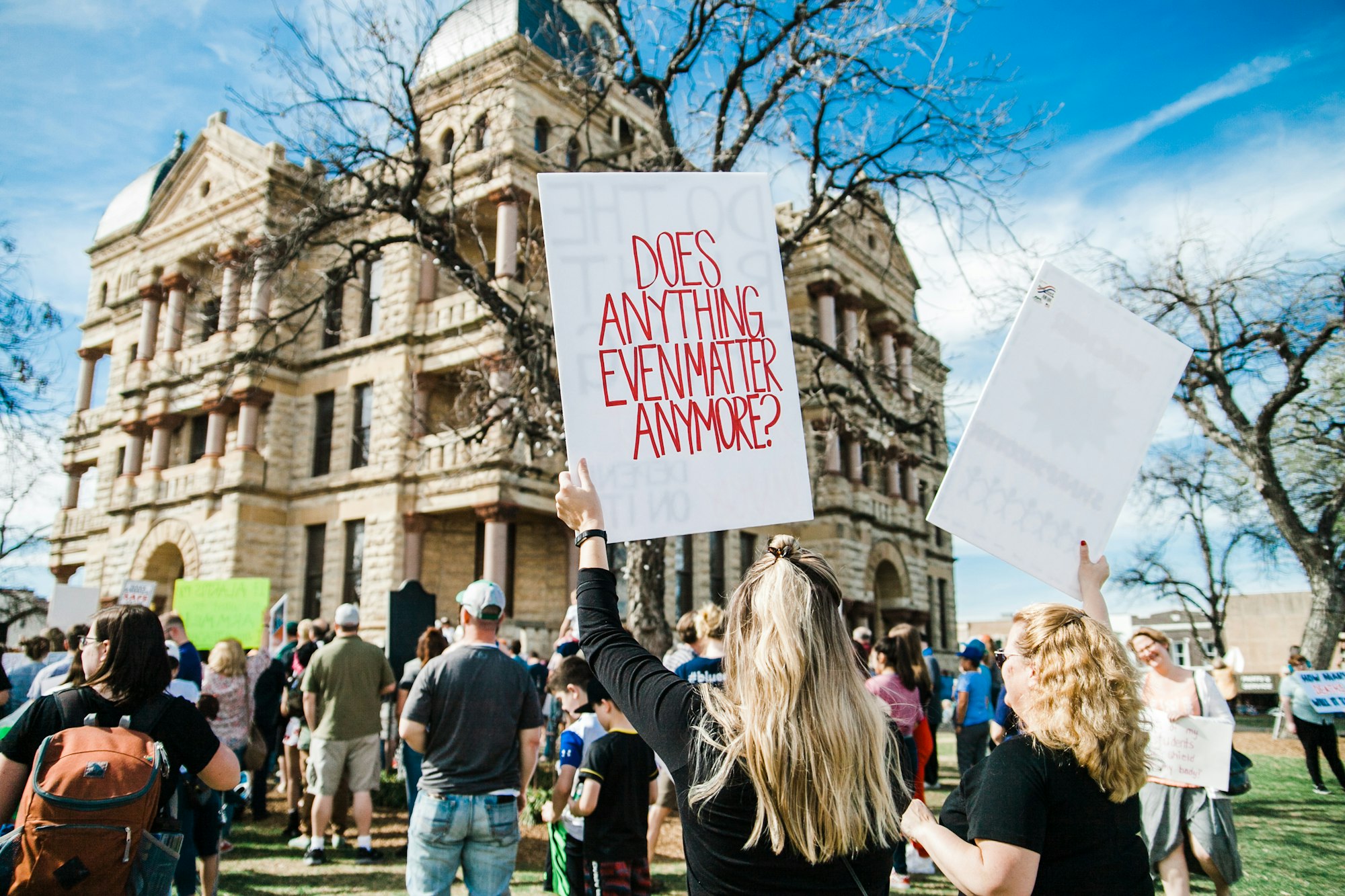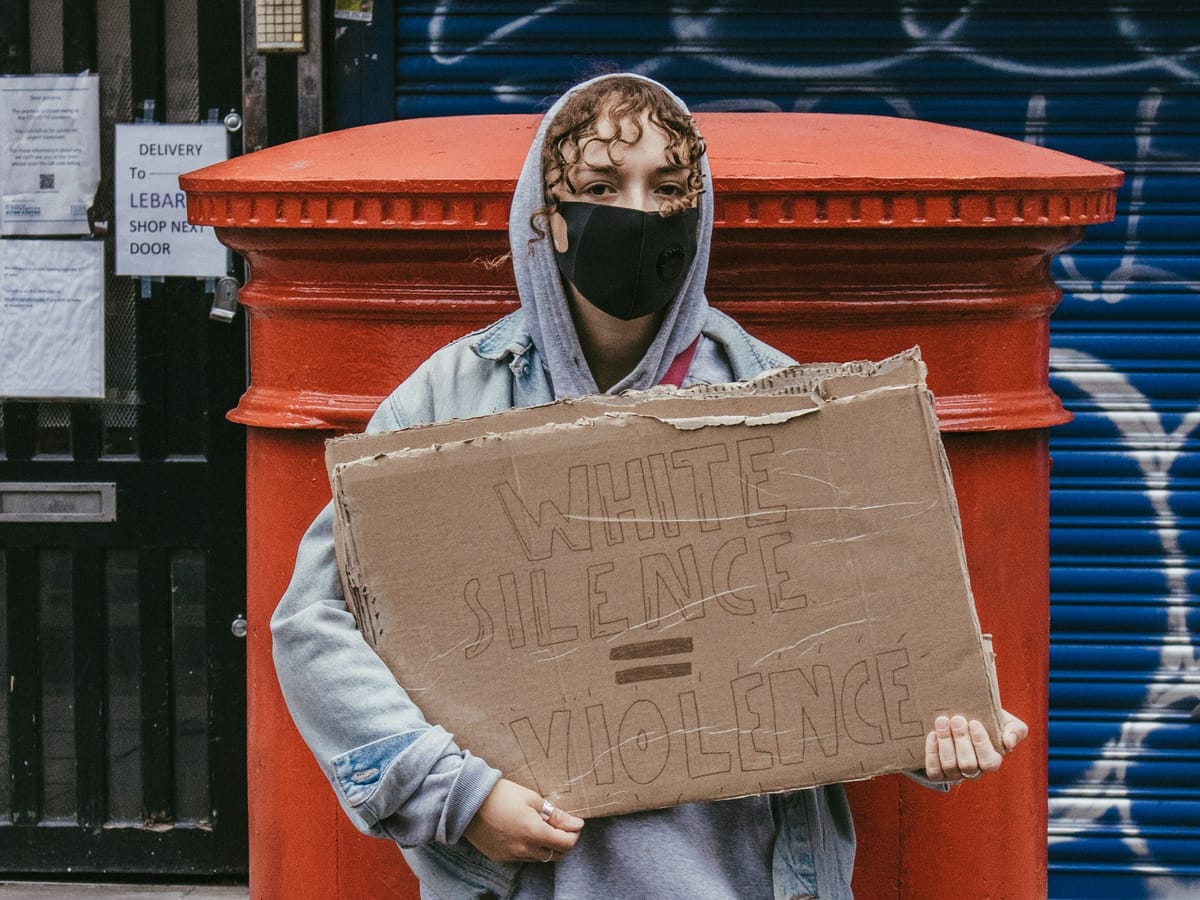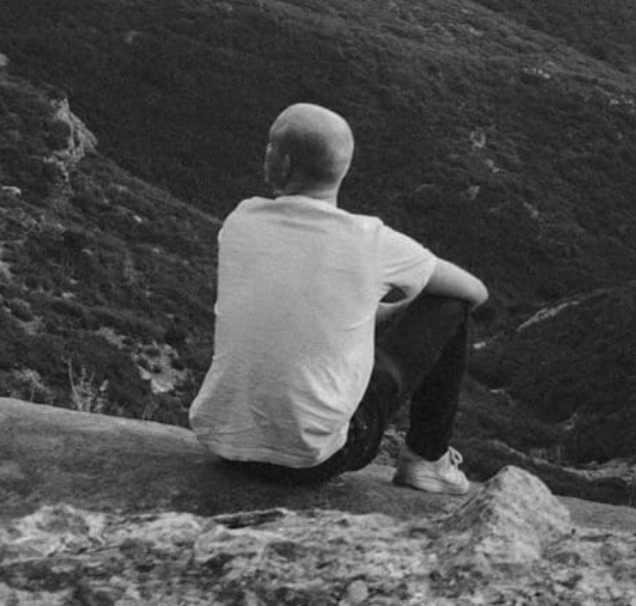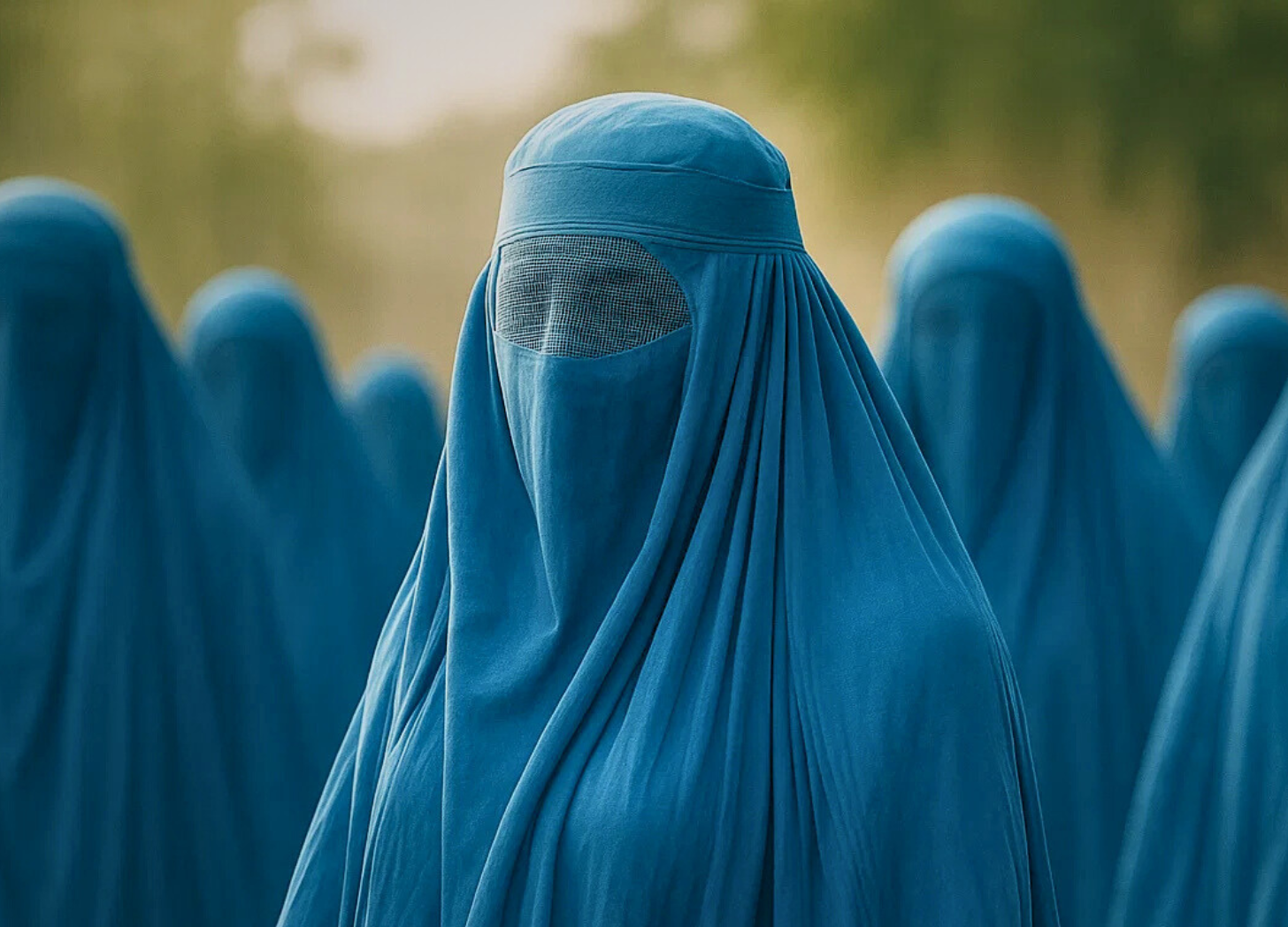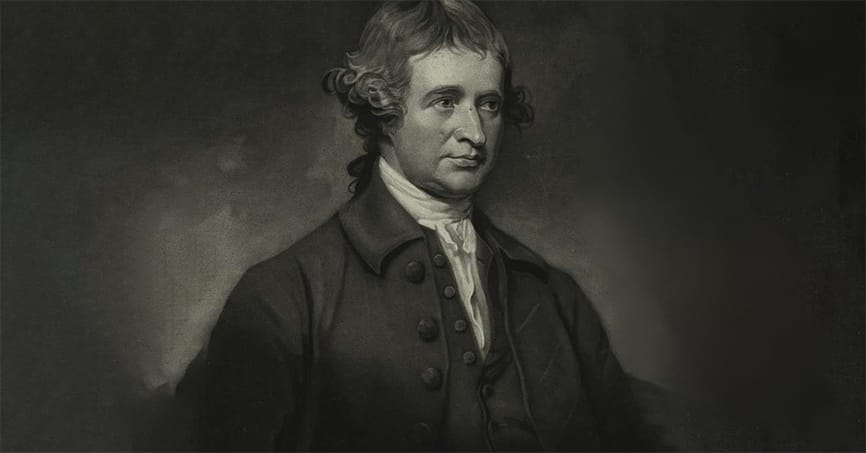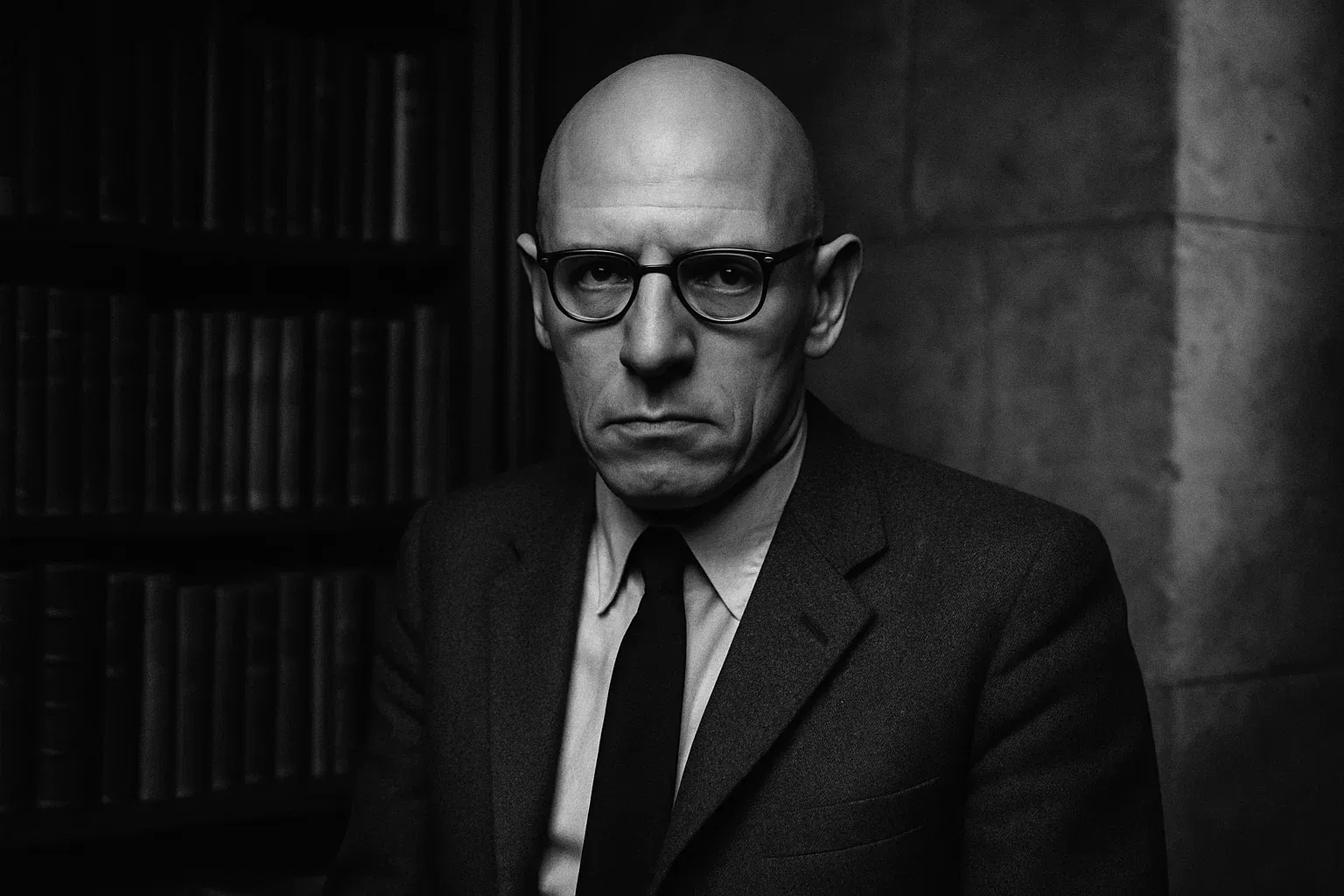There’s a paradox at the heart of modern liberalism: we cherish freedom above nearly every virtue, yet we shrink from the moments when that freedom demands moral courage, especially in confronting practices that contradict the very values we claim to defend.
The burqa debate exposes this discomfort with painful clarity. Is the veil a form of cultural expression or a violation of liberal ideals? Beneath its folds lies something deeper: not just ambiguity, but a fear of moral judgement. In a society that defines itself by pluralism, the impulse to remain “neutral” has curdled into moral paralysis, and that paralysis is not passive. It is the scaffolding of liberal decline.
Consider the language we now instinctively reach for in such debates: “choice,” “respect,” “multicultural sensitivity.” These are not meaningless words. But they have become convenient shields — rhetorical sleights of hand that allow us to avoid the harder question of whether all cultural practices are equally compatible with liberal ideals. When a woman says she “chooses” to wear the niqab, we are expected to accept this without hesitation. But choice is not a simple binary. It exists within power structures — familial, religious, social — that can shape, pressure, and ultimately constrict what is truly voluntary. To challenge this is not to strip anyone of agency; it is to take agency seriously.
When Jack Straw, the then UK Foreign Secretary, remarked in 2006 that he felt “uncomfortable” speaking to constituents who wore the niqab, his comments sparked outrage. But his reasoning was not bigotry. It was rooted in the belief — entirely consistent with liberal values — that democracy depends on dialogue, and dialogue depends on human connection. “I felt,” he said, “that seeing people’s faces was important to communication.” Critics accused him of intolerance, yet there was something quietly brave in his honesty. He was pointing to an elementary truth: that liberal societies are not just a set of abstract rights, but a shared space in which visibility, mutual recognition, and trust matter.
This is what makes the burqa such a powerful symbol. Not because it is religious — in fact, its origins are more cultural than theological — but because it challenges one of liberalism’s most basic assumptions: that we can live together in public without withdrawing from one another. The full veil represents a refusal of reciprocity. It renders invisible what liberal democracy assumes to be seen. And yet when countries like France legislate against it, they are routinely condemned as repressive. That is a serious charge. But it is worth noting that France’s justification was not religious intolerance, but the defence of living together — a concept that may sound vague, but speaks to something profound: the idea that freedom cannot thrive where mutual access is denied.
None of this is easy. It is tempting — especially for the progressive conscience — to lean on the language of deference: to say that Western discomfort is a legacy of colonial guilt, that criticism of Islamic dress codes plays into the hands of bigots, that we must be careful not to impose our values on others. But what if this caution becomes a kind of moral vanity? What if, in refusing to offend, we also refuse to protect? Ayaan Hirsi Ali, who has risked her life to criticise Islamic fundamentalism, puts it plainly: “Tolerance of intolerance is cowardice.” And the cowardice is no longer at the fringes. It is entrenched in our institutions, our media, our politics — wherever polite society prefers unease to confrontation.
The irony is that liberalism, at its best, is not neutral. It is a moral vision. It believes in the dignity of the individual, in the equality of men and women, in open debate and freedom of conscience. These are not Western values — they are universal ones. But they require defence. And defence begins with the willingness to say: not all practices are equal. Not all silences are benign. Not every cultural tradition is compatible with the social contract we inhabit together.
The burqa is not the whole story. It is a symbol of something wider: the liberal fear of taking itself seriously. If we cannot find the courage to assert what we stand for, then we will lose the right to stand for anything at all.
Further reading
Prey – Ayaan Hirsi Ali: A provocative and courageous examination of how mass migration and cultural relativism have impacted women’s rights in Europe — especially in the context of Islamic traditions.
The Coddling of the American Mind – Greg Lukianoff & Jonathan Haidt: How well-intentioned ideas about safety and emotional well-being are undermining a generation’s ability to think critically and engage with difficult truths.
Cynical Theories – Helen Pluckrose & James Lindsay: A sharp critique of how activist scholarship rooted in postmodernism has distorted the mission of universities and the foundations of liberal thought.
The Diversity Delusion – Heather Mac Donald: An unflinching look at how identity politics and ideological conformity have eroded standards of inquiry, merit, and free expression in higher education.
How Woke Won – Joanna Williams: An investigation into how a narrow ideological worldview captured key institutions in Britain and America — from universities to the media.
The Tyranny of Merit – Michael Sandel: A philosophical critique of meritocracy and the moral emptiness that can arise when societies lose a shared sense of purpose and dignity.
The Madness of Crowds – Douglas Murray: A wide-ranging analysis of how modern identity movements — around race, gender, and sexuality — have reshaped public discourse and liberal norms.
You might also like:
